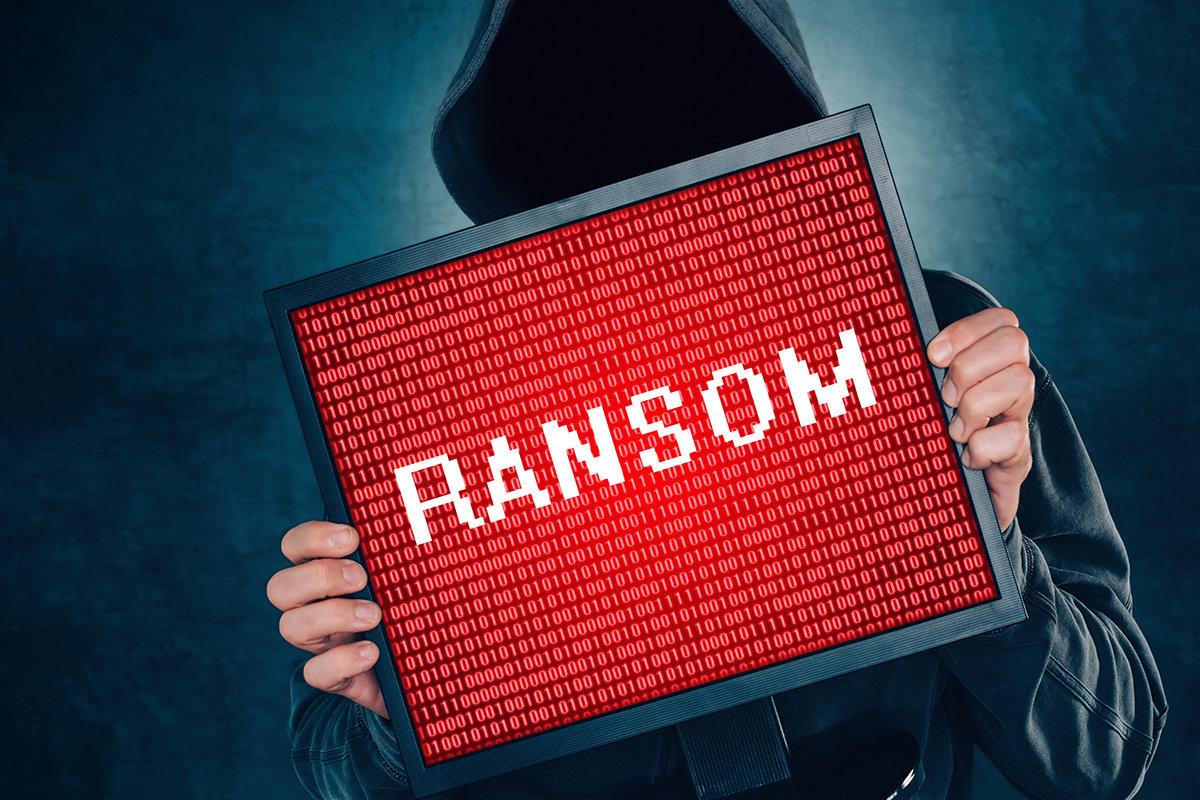Feb 19, 2020
AZORult Campaign Abuses ProtonVPN Service To Steal Cryptocurrency
Tarulika is an engineering graduate and an eloquent crypto blogger. Being a digital economy supporter, she keeps herself updated with the latest innovation in the crypto industry, Blockchain Technology, Internet of Things and other technologies. Currently, she curates the simple and interesting content for Crypto guides for beginners. If you want to learn more about the cryptocurrencies, latest trends of blockchain-powered AI applications, you are free to follow her on LinkedIn and Twitter.
